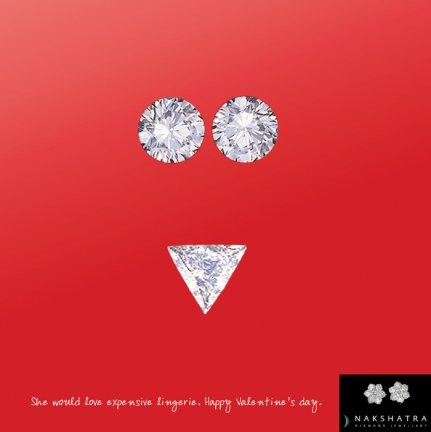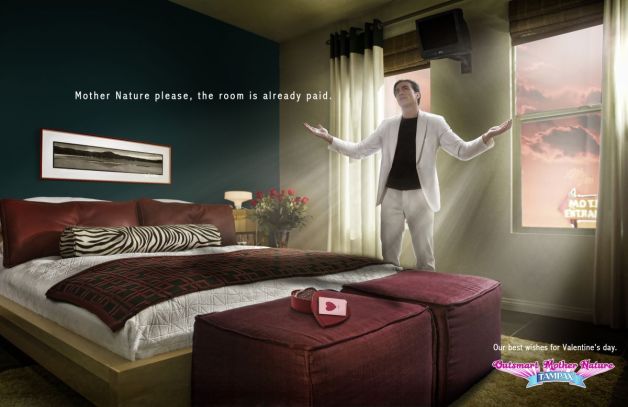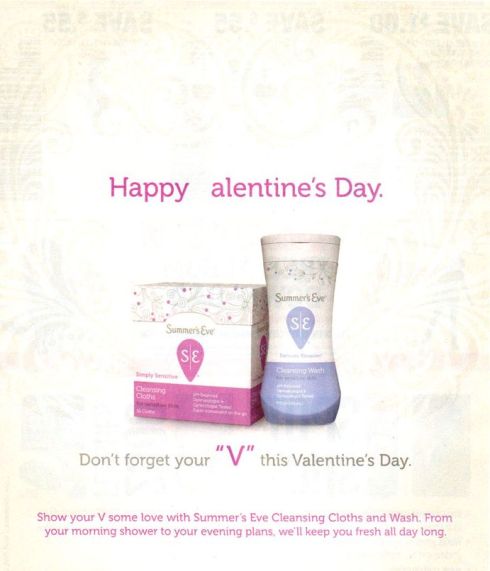A couple of weeks ago two of my oldest and closest friends came up to visit. While she was here, one of them stumbled across a “satire” piece on Thought Catalog titled, “Asian Women Need to Stop Dating White Men.” And she was pissed. “You need to write about this. It’s so wrong, even if it’s satire it’s still perpetuating stereotypes.” (I’m paraphrasing, I don’t remember her exact word-for-word statement)
Let’s address this from the get go: the author was a troll and the piece was poorly executed satire. There is no Anne Gus, the piece was written by a guy. That doesn’t make the article any less incredibly fucked up, not just for it’s “satirical” generalization of Asian women, but for it’s target: discrediting feminism via mansplaining.
White feminism absolutely has a huge problem with race (still), and it would be naïve of me to suggest that there aren’t white feminists who do espouse the ass-backwards ideas presented by “Anne Gus.” And, rightfully, women of color feminists call them out on their bullshit. But the purpose of this article wasn’t to call out racism within the movement, it was clearly to portray all white feminists as insecure and frothing-at-the-mouth. And, as illustrated by two previous links, it worked: feminist women of color immediately (rightfully, given at the time nobody knew it was a troll) jumped on the article as exemplary of everything wrong with white feminists. It pit us against each other, it reduced us to “this is why we can’t get along,” and it wasn’t real. The author, who goes by the name of AryanofValhalla on bodybuilding forums, pretty clearly has some huge issues with race so it’s no surprise that he had no restraint using racist stereotypes of Asian women to make another attempt at making feminists look stupid and segregated.
Just in case it’s unclear, Asian women:
1. do not lack Feminist ideas or movements…just like other women
2. are not delicate or subservient to men (“pleasant”), unless they want to be…just like any other women
3. are not being “taken advantage of” by men of other races (in fact, I’ll let you in on something, Asian women date outside of their race for one reason: they meet someone of another race and they like him/her)…just like other women
4. are totally capable of knowing when someone is fetishizing them…just like other women
And these bullshit stereotypes, even used as “satire” to have a deleterious effect on feminism, are hurtful and damaging to Asian women. Thought Catalog should have known better.
I had a moral conundrum writing this piece (back to my last post, Asian women don’t need me to speak for them), so I’ll wrap up with a quote from my friend:
I believe this “piece” was meant to be inflammatory and insulting, so I am playing right into the master plan (because bad publicity is still publicity, right? Plus, it is Thought Catalog!), but I wanted to say that I’ve dated (white) men in the past and am dating a wonderful (white) man now, and not one of these men ever made me feel like I was only attractive or worth dating simply because of my ethnicity (which is half White, half Cambodian, and a product of the author’s dreaded “WMAW” relationship).
Physical attraction is a first step, and while men who dated me may have initially found my “exotic” look attractive, they eventually found other reasons to continue dating (or not date!) me just as I found reasons beyond their physical aspects to continue dating (or not date) them.
Maybe I am just lucky, but I have never felt like the men who cared about me only fetishized me, considered me subservient, or thought me better than a white woman (or any woman of any other ethnicity for that matter). Not only is this language racist, but it pits women of different races against each other when we should be sticking together to fight the glass ceiling. The author claims to be a strong, white feminist, but if she chooses to turn female against female, I don’t think she is a true feminist at all.
My choice of feminism is about freedom of choice and equality… for all races and genders. Girl Power, y’all.









